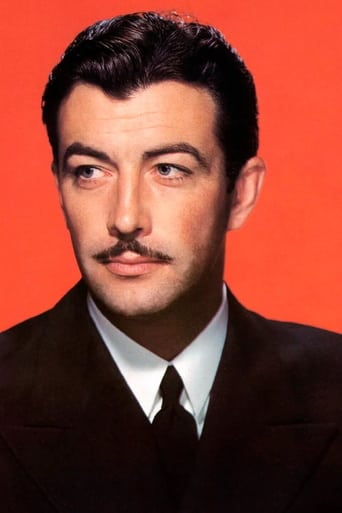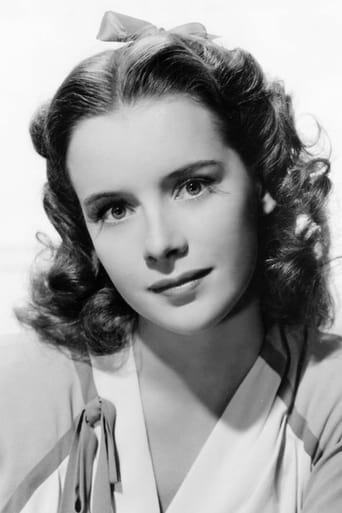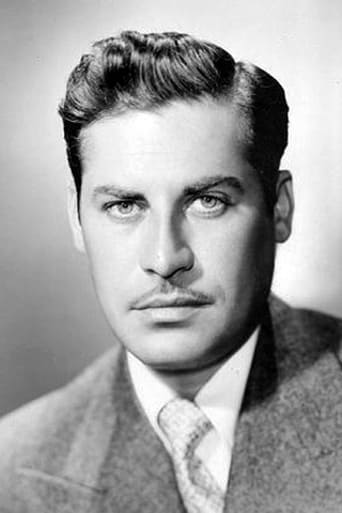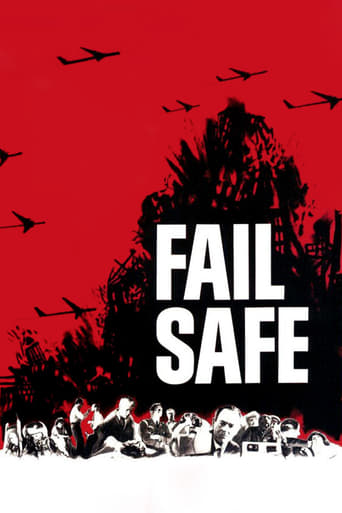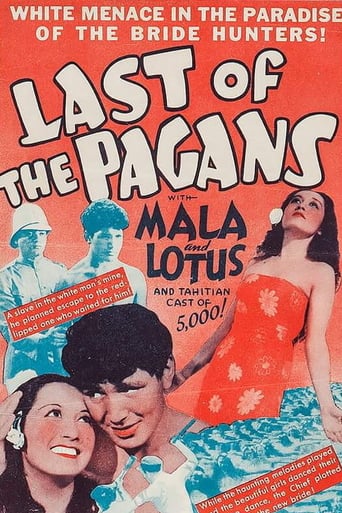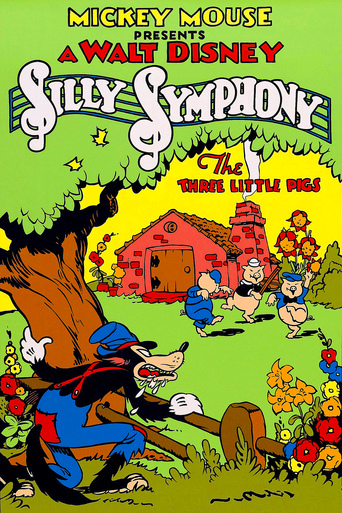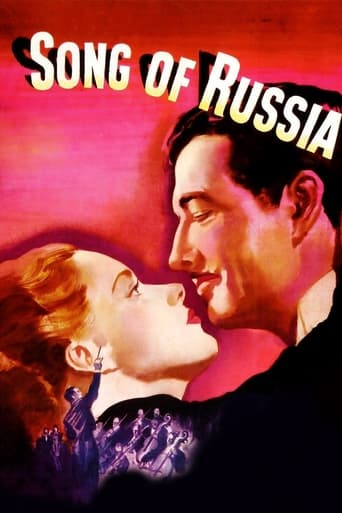
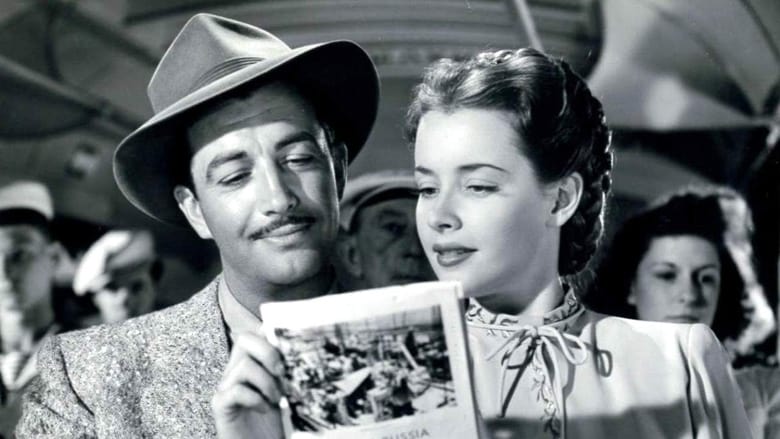
Song of Russia (1944)
American conductor John Meredith and his manager, Hank Higgins, go to Russia shortly before the Nazi invasion of the Soviet Union. Meredith falls in love with beautiful Soviet pianist Nadya Stepanova while they travel throughout the country on a 40-city tour. Along the way, they see happy, healthy, smiling, free Soviet citizens, blissfully living the Communist dream. This bliss is destroyed by the German invasion.
Watch Trailer
Cast
Similar titles
Reviews
How sad is this?
good back-story, and good acting
From my favorite movies..
An old-fashioned movie made with new-fashioned finesse.
I'll be the first to admit that this film was a bald effort at propaganda. I'll also admit that the conditions depicted in Russia were far from reality. However, this isn't the first effort at propaganda by Hollywood, nor is it the first (or the thousandth) that takes a wide berth from reality. If you look at the movie's setting (happy Russians with a benevolent leader) as fantasy, and imagine the Russia shown in the movie as a mythical nation, then you have a dandy story here. Propaganda aside, the storyline here is excellent; it's engrossing, well-written and intelligent. The acting is superb, from top stars Taylor and Peters down to the bit players and extras. The dance scenes are well choreographed. The music, mostly that of Tchaikovsky, is superb, and the soundtrack is masterfully woven into the background throughout the story. The music is well-played and well conducted by Albert Coates (who also did the piano work). As for the piano, Susan Peters does a good job of finger placement that could fool all but the trained eye into thinking that she could actually play the piano (she couldn't at the level shown in the movie). The one fault herein is Taylor's attempts to imitate a conductor: suffice it to say that it's out of sync and overstated to the point of absurdity.As a side note, many of the members of the Peter Meremblum orchestra (prodigal young musicians, many of whom went on to careers in music, and a few of whom became very well-known in the world of music) appear throughout the movie, mainly as extras and as kids in the village and youths in the Moscow Conservatory. The orchestra also performed some of the background music.All in all, this is an excellent movie if one can overlook the propaganda and anti-realism and treat it as a fantasy/fiction.
I own this film on DVD, having bought it from a private collector a while back. I like it, not for its plot, musical score or cinematography, but for the simple reason that it was a brash attempt by the government of the day to encourage Americans to sacrifice themselves to save a regime that represented the secret wishes of an elite circle of Washington insiders. I was stimulated to search for a copy after reading Ayn Rand's 1947 testimony before the HUAC committee on-line. Long interested in this pivotal period of world history, I had previously acquired the German newsreels for the latter part of 1941 (i.e. Operation Barbarossa). German army cameramen had recorded a great deal of the conditions in the cities such as Kiev, Minsk, Smolensk, Nikolayev, and dozens of rural villages in the Ukraine, Belarus and Russia. Their impossible-to-stage pictures showed first-world, European people, in the middle of the twentieth century, living in a degree of abject poverty, squalor, and despair which Americans would not believe without seeing. It rivaled the worst of the third world. Humans intentionally treated as expendable beasts of burden by their Bolshevik oppressors.So for Hollywood to produce such a glaring lie (not to mention distortion of the chronology of events) as "Song of Russia" in order to persuade people to support, or even risk life to participate in, a war to save such a regime is practically an act of enmity against its own people, in my opinion. It's easy to see why the Hollywood crowd is trying to make this movie disappear down an Orwellian memory hole. Highly recommended for anyone who doubts that Hollywood is anti-American.
This was the first film that I can recall seeing, way back in the 1940s. I was about 6 or 7 years old at the time (I'm now 66). I can remember nothing of the rose-tinted picture of Stalin's Russia described in John Barnes' comments.In fact, I can recall little of the plot, other than that it featured an orchestral conductor and extracts from Tchaikovsky's 1st Piano Concerto. Thus, the film introduced me to Tchaikovsky and classical music and, for that, I am eternally grateful.
Who knew that life under a brutal totalitarian regime could be so carefree? Even though the film was made for World War II propaganda purposes, the inanities that litter this film have to be seen to be believed. (That would be difficult, I know, since it is not available on videotape. or DVD.)Among the aspects of Russian life, circa 1941, to which this film introduces us are: town meeting democracy, freedom of religion, rural peasants who eat hearty meals at tables set with china, crystal and silver, and on and on. Soviet barbarities are played down or, more usually, ignored altogether. I saw this film in Washington around 1983 as part of a twin bill with the other infamous WWII paeon to Stalin's Russia, "Mission to Moscow." I think the latter was, in places, at least a bit more honest than this rose-colored clunker. If ever you wondered why Congress went hunting for Communists in Hollywood, check out these two films.
